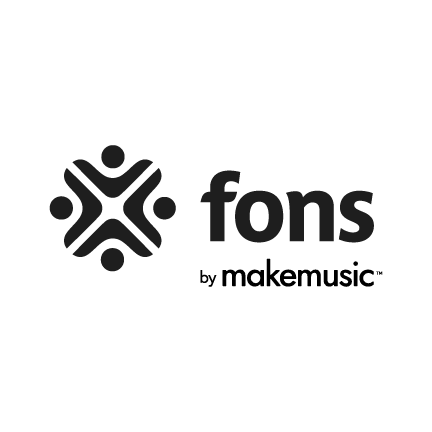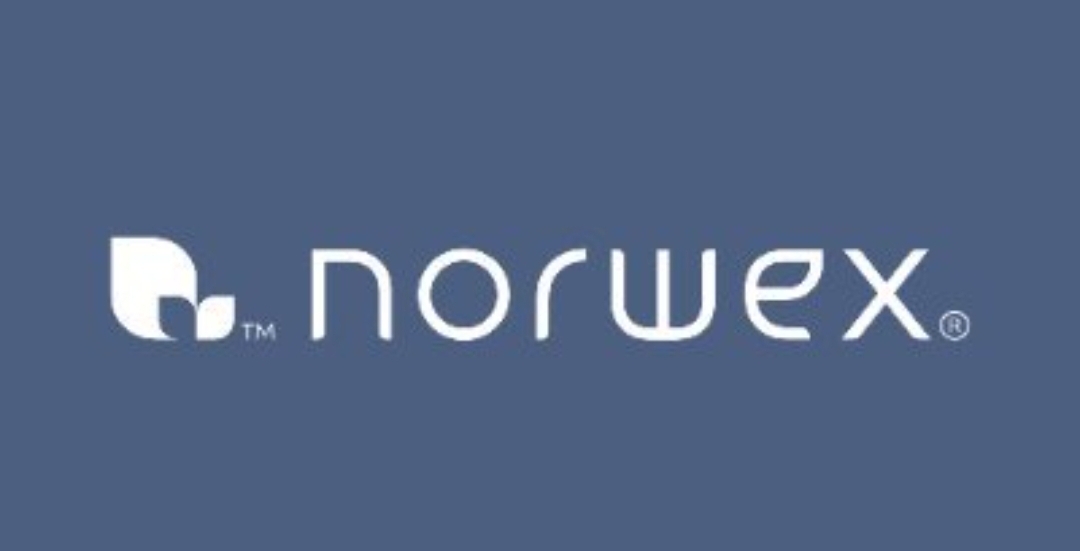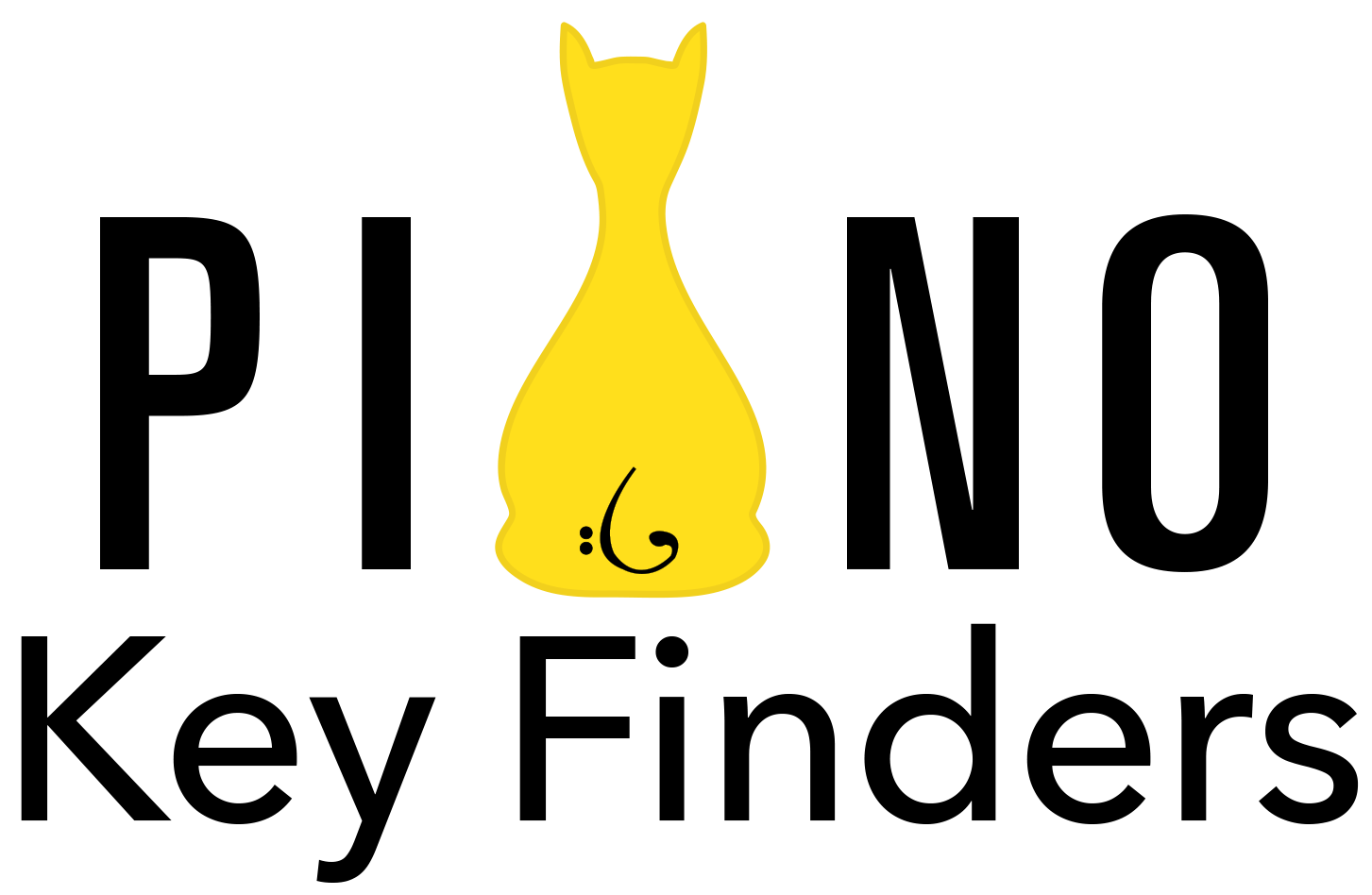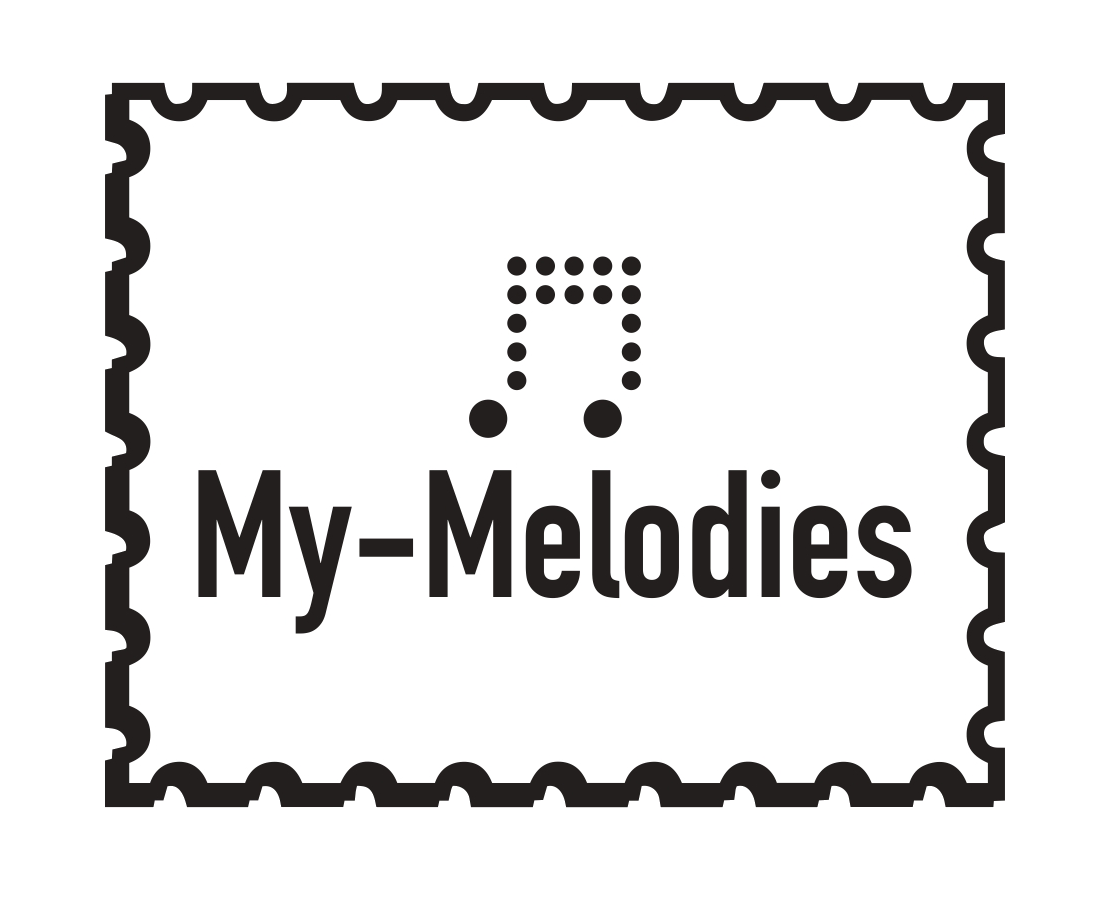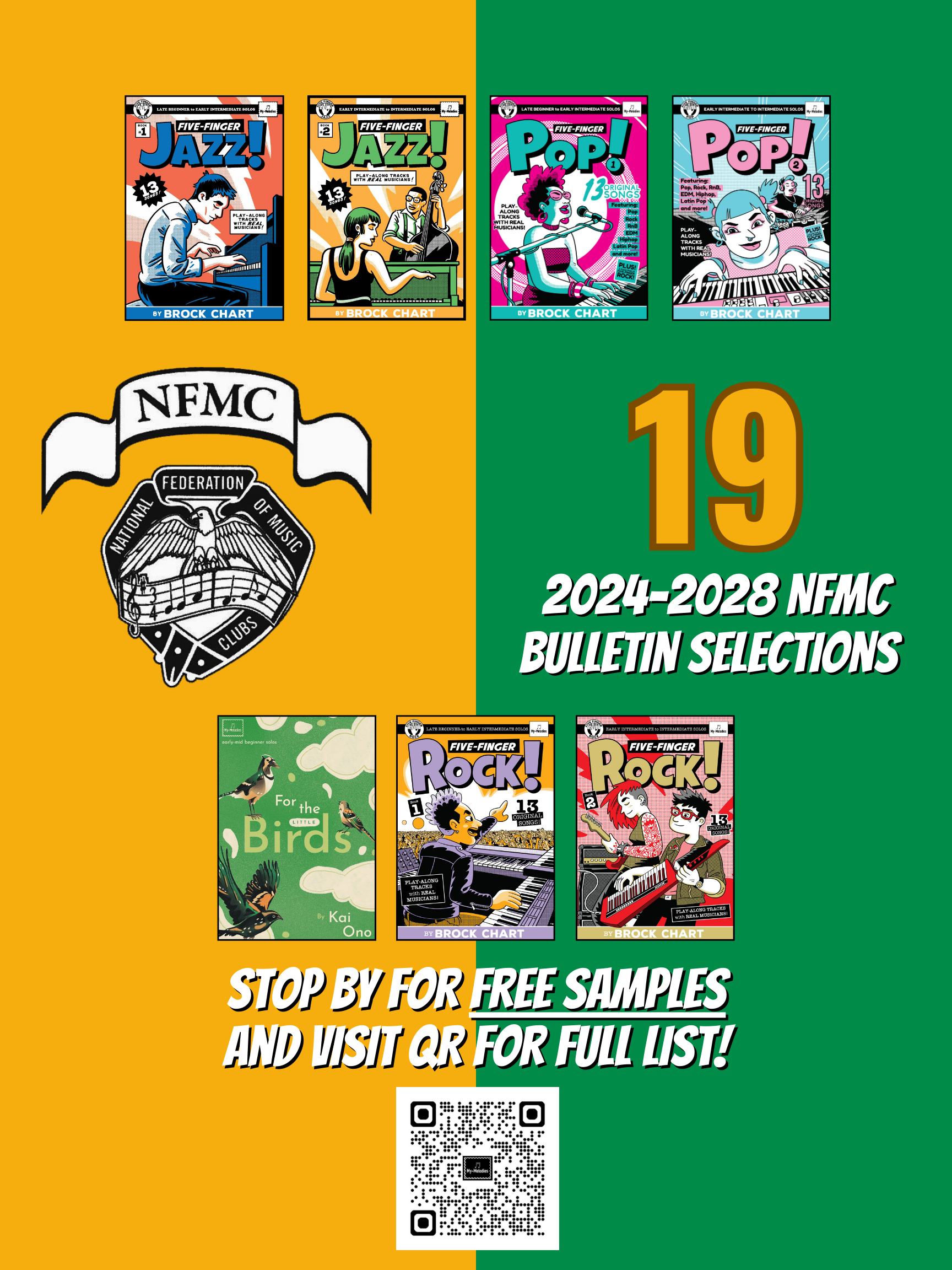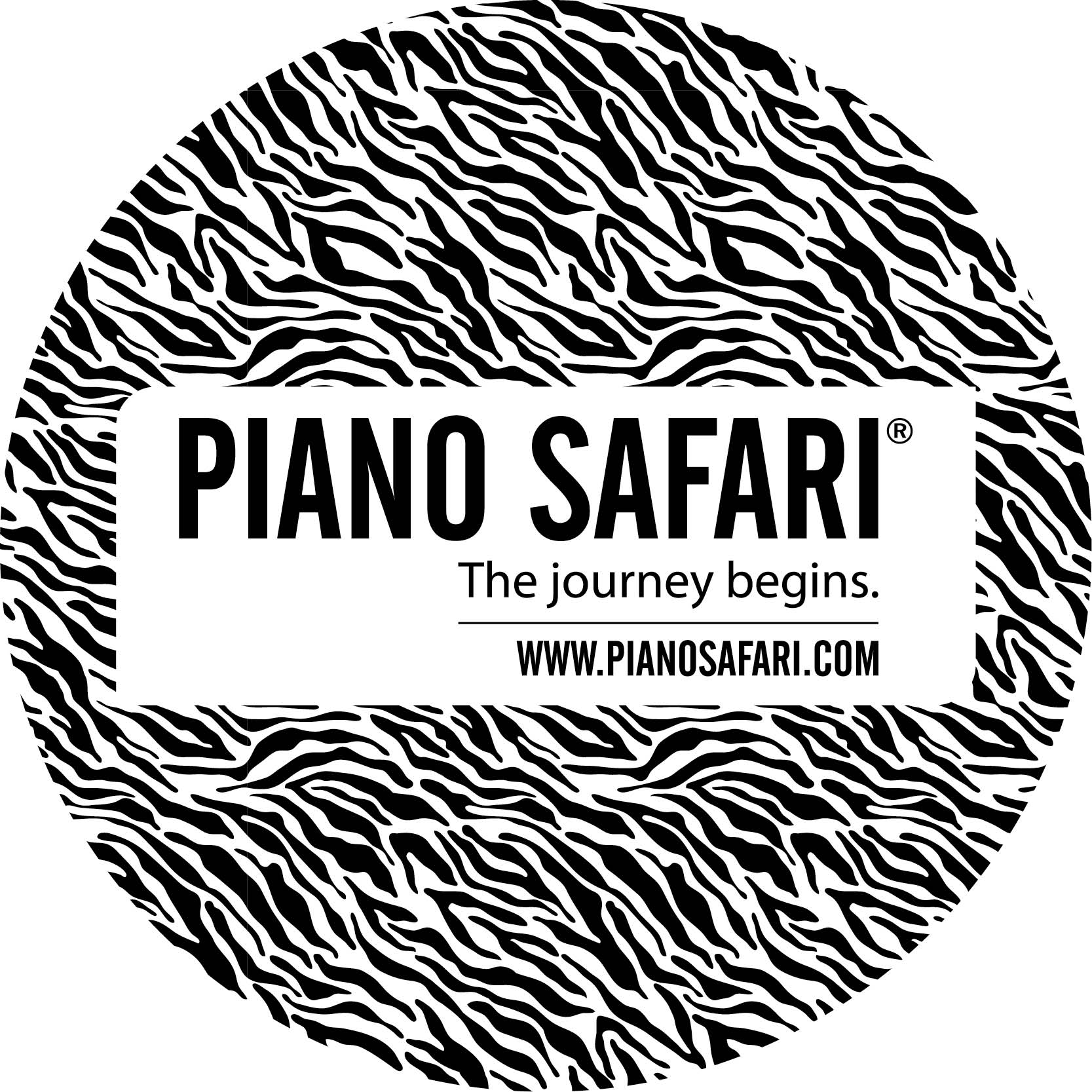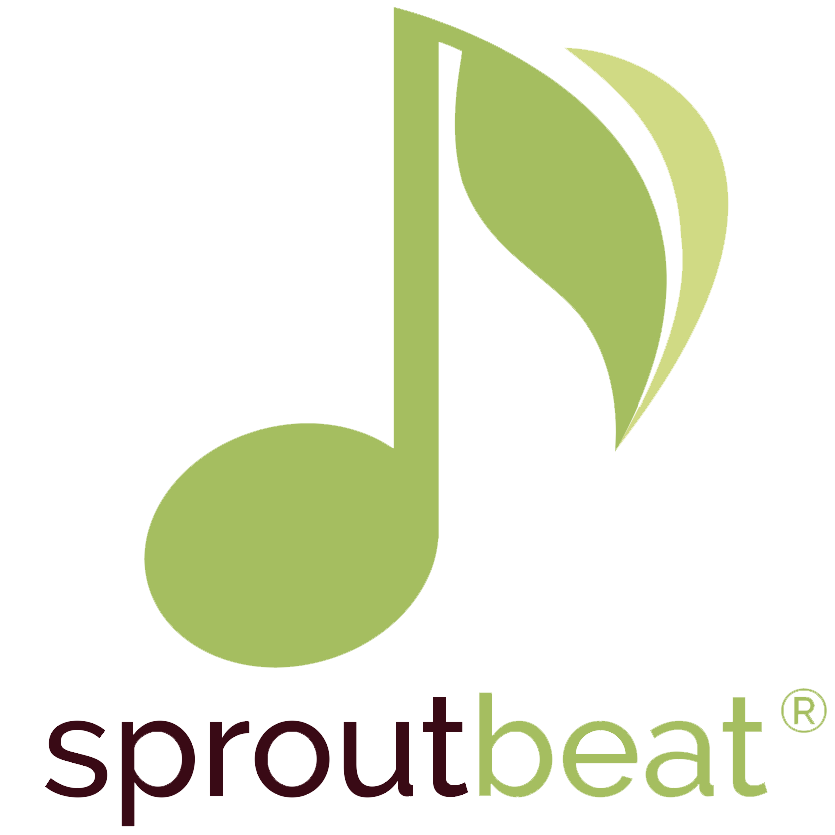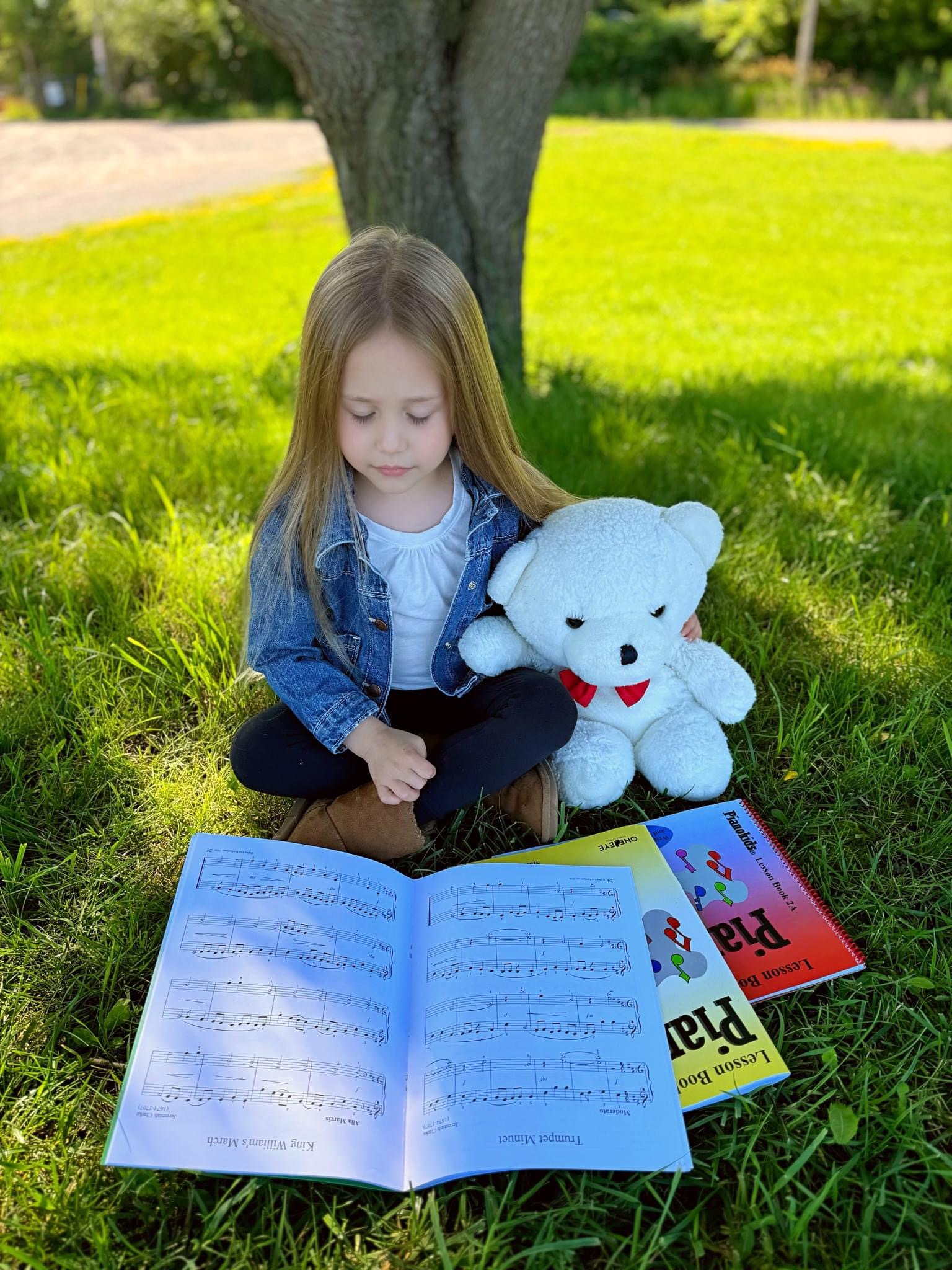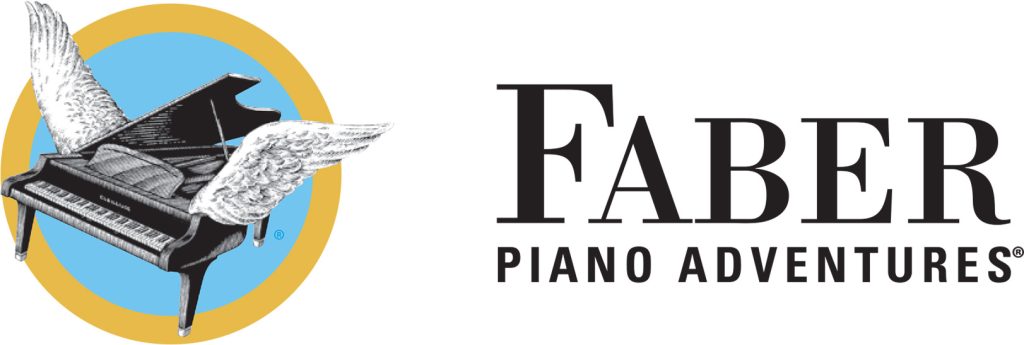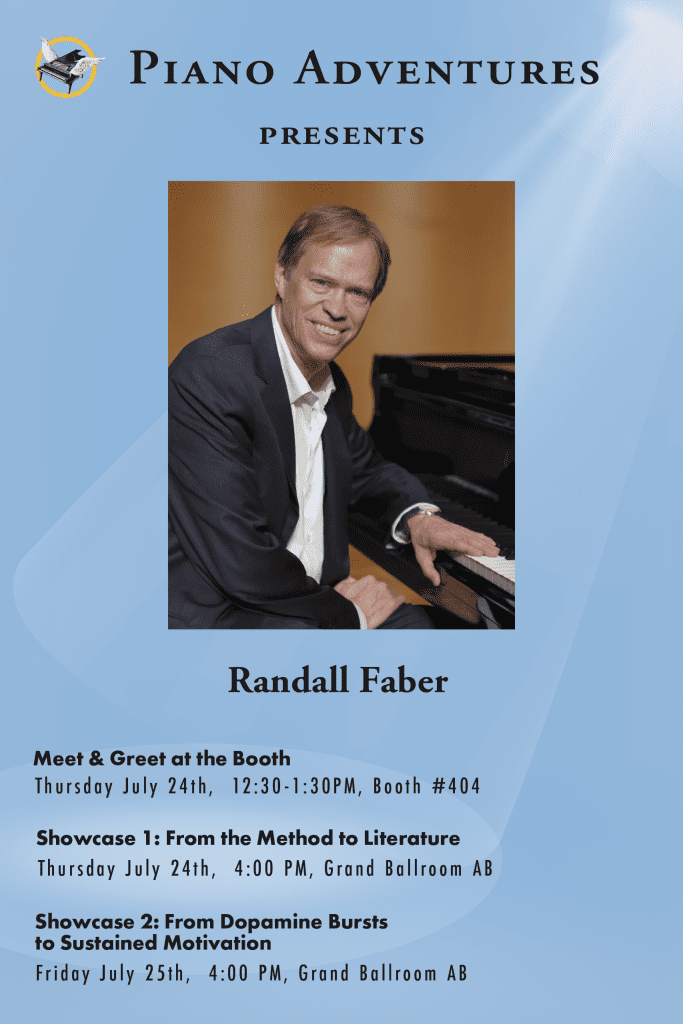
Yamaha Corporation of America
Lead sponsor of The Piano Conference: NCKP 2025
Booths: 304, 403, & 405
- https://www.yamaha.com/en/
- Yamaha Corporation of America is profoundly committed to enriching lives through music education. For over fifty years we have been dedicated to serving music-makers of all ages through innovative, high-quality products, professional development programs for teachers, music education advocacy, and in our partnerships with music service organizations.
- Primary Contact Name: Jun Fujimoto
- Email: jfujimoto@yamaha.com
Promo Code: TBD
TBD
Giveaway:
TBD
Showcase Schedule:
We invite NCKP participants to submit questions on any topics related to acoustic and digital pianos. During the session, Professor Yeeseon Kwon will present your questions to Yamaha experts Heratch Touresian and Chad Million for live discussion and insight.
University of Oregon’s Dr. Alexandre Dossin has achieved unprecedented success utilizing Yamaha’s Disklavier Piano Remote Teaching Technology. Observe a live masterclass between Oregon and The Piano Conference, and participate in a Q&A with Dr. Dossin.
Explore innovative group piano teaching strategies utilizing Yamaha’s MLC200 Music Lab Controller, a cutting-edge tool that enhances music education through advanced features, seamless integration, and pristine digital audio quality. With over 50 Yamaha digital piano models available, selecting the most suitable instruments for your music lab can be overwhelming. This session will guide you through the various options, focusing on models that best meet your educational and innovative needs and objectives.
Interact with Yamaha directly at this informal meet-and-greet session in our state-of-the-art piano lab.
Yamaha pioneered remote connection between acoustic pianos in the early 2000s and is the industry leader in technology-enhanced pianos. Dr. Gwendolyn Mok from San Jose State University will conduct her first live remote masterclass with The Piano Conference. Observe and participate in a Q&A with Dr. Mok.

